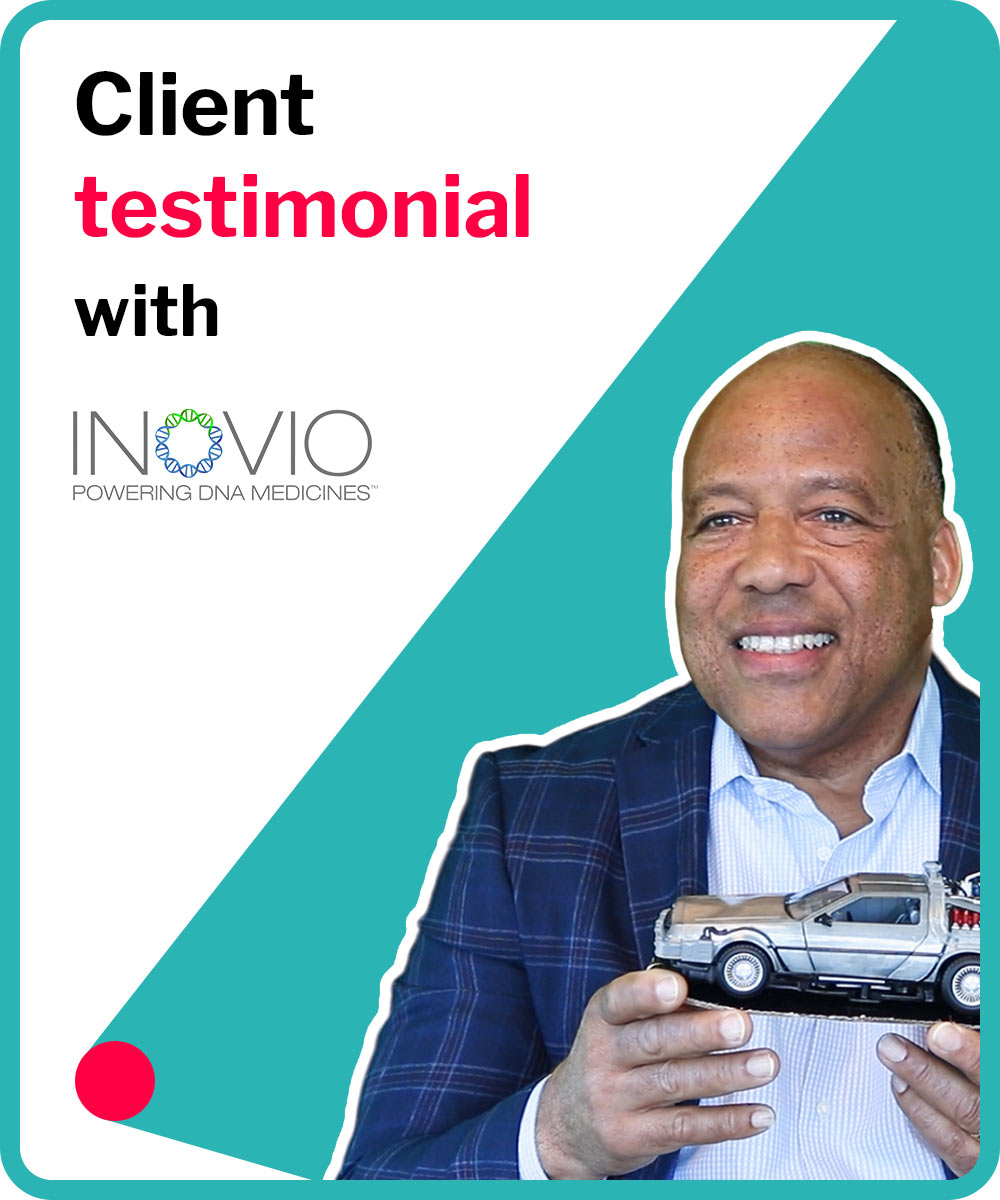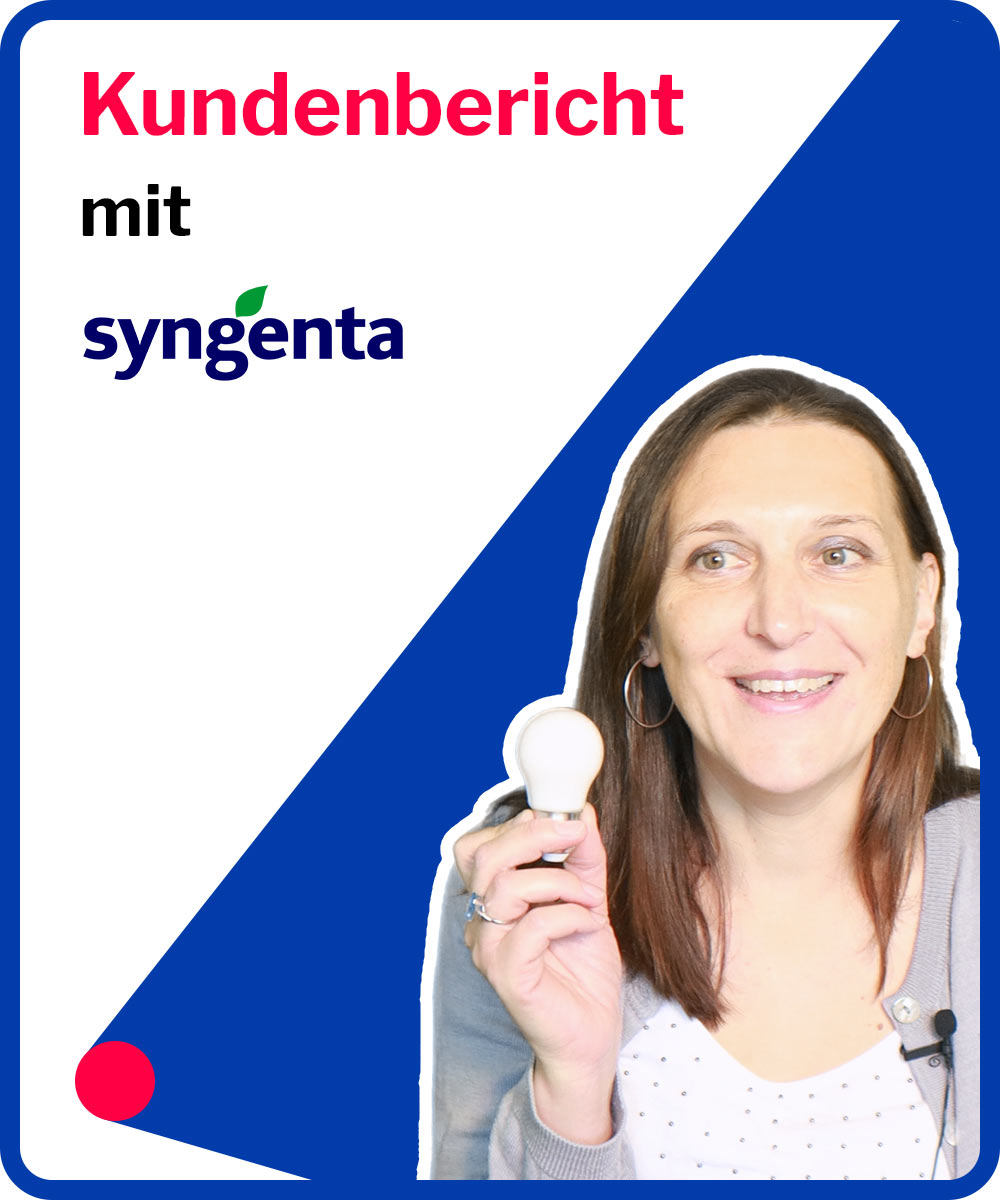
Innovation process

Accelerate the launch of your ideas by optimizing your innovation process
For more than 30 years, our specialized team has been supporting companies in the creation, questioning or improvement of their innovation process to stimulate creativity, streamline ideas and accelerate time-to-market.
They trust us






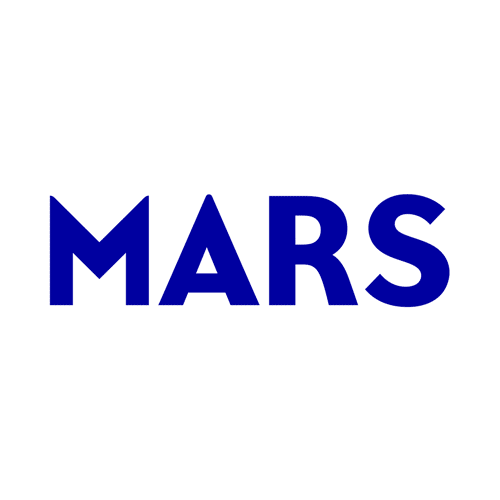
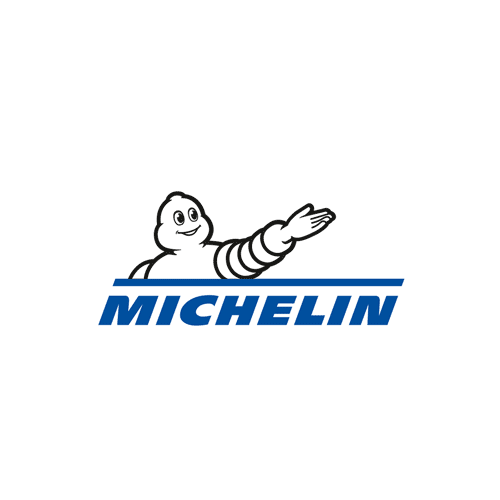

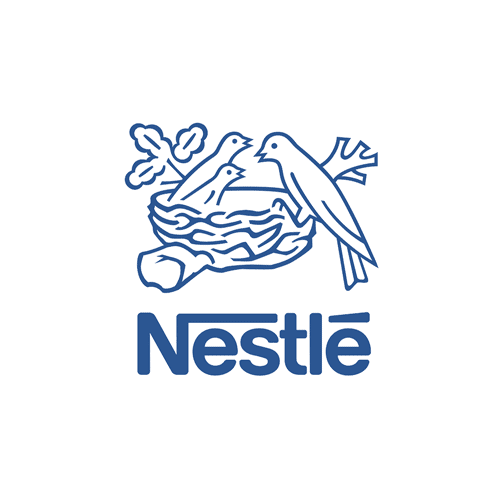
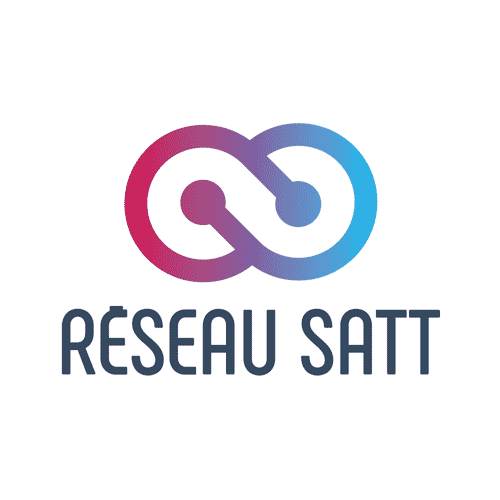
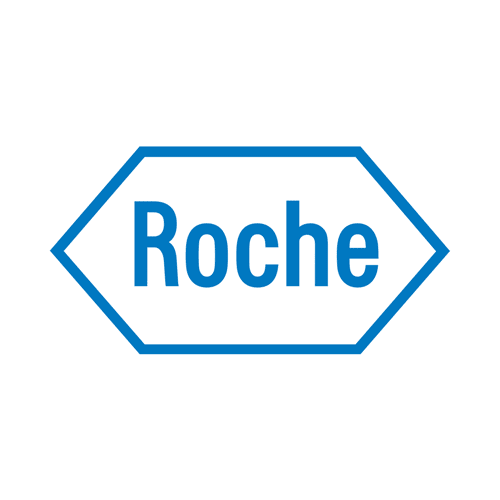
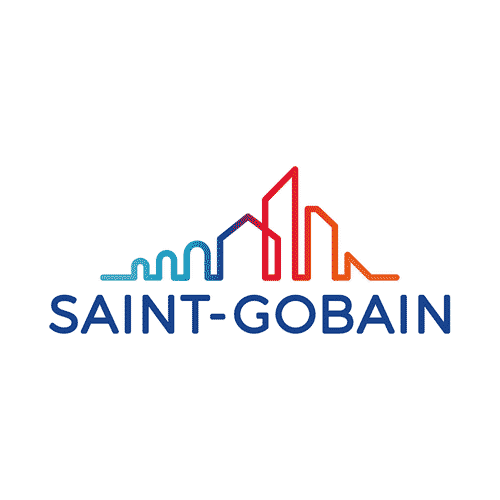

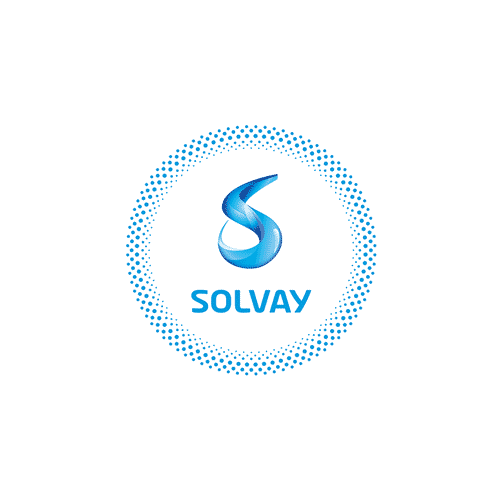


The key success factors of an innovation process
It is essential for companies to be able to reinvent themselves and continue to innovate every day. Increasingly, the structuring of innovation processes is at the heart of concerns in order to optimize the success of projects and reduce time-to-market. From ideation to deployment, there are several challenges specific to the innovation process. Here are the key success factors:
Inspired by multiple lean start-up principles, design thinking and so-called “Agile” methods, lean innovation management is a framework for managing innovation projects in a more agile way than traditional project management. Here are some of the aspects of lean innovation management:
- Encouraging more small-scale, low-cost tests and experiments rather than full launches.
- Allocating small initial budgets to move on to the next stage of the life cycle and testing the market at an early stage rather than requesting a budget for the full project with a business case.
- Incorporate multi-stakeholder feedback throughout the design and development process.
- Build MVPs and prototypes and test them in real-life conditions.
- Know how to pivot and change direction if feedback suggests that you are going in the wrong direction.
How can we speed up the innovation process? How can you limit the number of stages? How can you structure the decision-making process to involve the right people and monitor the right indicators without slowing down the development of innovations?
For innovation to flourish, it is essential to develop a culture of innovation within the company and to nurture it around 4 main axes:
- Open-mindedness, moving away from the “not invented here” mode – the tendency to avoid using products, knowledge or research from outside the company – towards a “proudly found elsewhere” mode.
- Broad and precise communication to maintain momentum
- Adapted management, showing support, pushing and stimulating innovation initiatives, developing less pyramidal hierarchical models
- Values geared towards innovation: daring, working together, allowing yourself to dream, to fail and to take risks.
How can we develop a culture of innovation within the company? What is the “Proudly found Elsewhere” mindset? How can we rework our values around innovation?
For an innovation process to be successful, you need to know how to take risks and give yourself the resources to match your ambitions. A reluctance to take risks often means that the resources allocated to projects are too limited. Passing the testing hurdle then becomes a real challenge. The result is an innovation process that turns into a box of ideas that never materialize…
What level of risk should be anticipated in an innovation process? What milestones should be set to control the risks (and costs)?
How we support you in your innovation process projects
An innovation process can be simply defined as a process that produces innovations. It generally goes from the creation of an idea or ideation, to the industrialization or commercialization of an innovation.
Typical steps in an innovation process include:
- Scoping
- Idea generation
- Sorting and selection of ideas
- In-depth study of ideas and business cases
- Testing and development
- Pilots
- Deployment and impact or feedback analysis.
The difficulty often lies in the fact that an innovation process must be both abundant and focused, both flexible and methodical, and above all adapted to the strengths and capabilities of each company. The key success factors are strategy – i.e. the involvement of top management -, resources, methods and culture.
What they say


"The benefit that really Alcimed brought to the table was to have an expert intermediary to take us through the process to really challenge our thinking."
Mark TWYMAN
Senior VP and Chief Commercial Officer


"Alcimed really enlightened us on things we didn't necessarily see and provided us with key information, market knowledge or best practices."
Florence Louis
Director, Digital Services in France
Examples of recent innovation process projects carried out for our clients
Optimization of an innovation process to boost innovation within the teams of a leading animal health company
We helped a leader in the field of animal health to optimize its innovation process in order to instill a new spirit of innovation within its teams.
Alcimed mapped current processes and compared them to innovation models of similar companies in order to rethink and co-develop a new model for idea generation, idea evaluation and project management once launched.
Our team also suggested the creation of an annual trophy recognizing the best contributors of new ideas!
Improvement of an innovation process towards more open innovation for a leader in the agri-food industry
We supported the R&D team of a leading player in the food industry in optimizing its innovation process to accelerate the marketing of its products.
Our client had an innovation process very rich in ideas but internally focused and not very open to an external ecosystem. This constraint generated many limitations, including slow idea characterization and feasibility checks.
By conducting a benchmark of existing open innovation practices in the industry and leading a series of workshops with our client’s teams, we identified and implemented actions to use external partners at various stages of the innovation process in order to accelerate the different stages and thus the marketing of product innovations.
Rethinking the innovation process of a pharmaceutical company for greater agility
Our team assisted a pharmaceutical player who found that his innovation process was not agile and efficient enough. We first exchanged with our client’s teams to get a detailed understanding of what was working well and to identify the malfunctions of the initial process.
Then, we identified inspiring cases from industries outside healthcare but facing the same issues and we defined the guiding principles of the new process to be implemented. With this material, we organized a “Sprint” bringing together about twenty representatives from the various departments and functions involved in innovation, in order to co-build the new model following the precepts of Design Thinking.
Ultimately, this work enabled us to co-construct with our client’s teams their new innovation process, more focused and more agile at the same time, allowing more disruption and empowerment of the teams!
Innovation process reinforced by designing an innovation factory dedicated to digital services
We worked with a major player in the aeronautics industry who wanted to develop new digital services, and who could not afford the very long traditional development times in aeronautics for this kind of innovation race! Everything had to be created from scratch: the process – from idea generation to prototype development -, the places, the people involved and the way they had to interact with each other, etc.
A real innovation factory was born! We tested the new approach by supporting the teams on the first 3 ideas, and we also developed user guides, training materials and all relevant models, so that our client can now run it alone and efficiently.
Helping a leading pharmaceutical company turn its innovative ideas into reality
As part of an internal ideas competition, we helped a leading pharmaceutical company to select the most promising projects and bring the first proofs of concept (PoC) to fruition.
During the first phase of this project, we supported management in the selection of projects. A great deal of work was done to define appropriate criteria for evaluating the ideas proposed by employees, and subsequently the format in which these ideas should be presented. A selection committee then met, and three ideas were selected. The next challenge was to define how the winning teams would be supported, so that they could develop their ideas into projects, right up to the proof-of-concept (PoC) stage.
Thanks to our pragmatic approach, this internal ideas competition was able to deliver real results and enrich our client’s innovation pipeline.
Revitalisation of an industrial client's innovation performance
Alcimed helped the innovation unit of an industrial client to revitalise its innovation performance.
After an initial diagnostic phase, we identified 4 main areas on which to focus, and co-constructed governance, methods and action plans to launch a dynamic within the community of innovation referents. We also created an Innovation Playbook and organised Learning Expeditions with other manufacturers to get inspiration.
The outcome of this assignment was the identification of 10 actions to be implemented to optimise our customer’s performance, 9 projects launched, 1 community of Innovation Leaders created, and a culture of innovation disseminated and integrated by the various business lines at operational and management level.
Organization of a Learning Expedition to reboost innovation within the business unit of an industrial player
Our team helped the business unit head of a leading industrial company in re-energizing its innovation process through the organization of a Learning Expedition with other inspiring industrial players.
First, our team defined the concrete objectives and criteria with our client to further identify interesting companies and stakeholders to contact. We then validated a list of potential targets with our client prior to launching discussions and reaching agreement for the organization of two learning expeditions. By organization, we mean initiating contact, taking care of the logistical aspects, facilitating the exchanges, as well as summarizing of the various outputs arising from these two moments.
These expeditions enabled our client to identify levers to re-boost their innovation process, involving his team in meeting peers and exchanging on best practices, sharing different innovation approaches but also building a network of people having a common interest.
Support for a player in the pharma industry to develop the commitment of expert patients in the development process of its drugs
One of our clients, a major laboratory in the pharma industry, wanted to improve its innovation process by developing a patient-centered concept.
To support it in this approach, Alcimed worked on the involvement of expert patients in the drug development process for our client. We first studied the integration of expert patients with the key functions of the company, and the roles involved in the innovation process. We then assessed the company’s pipeline in order to identify the advantages of a “well-balanced” deployment, leading to a rapid and efficient deployment of the new mode of organization. Finally, we developed tools to facilitate the deployment and monitoring of the performance of the actions implemented, in particular an interactive digital module to train the entire company in the process, the definition and monitoring of performance indicators, and communication materials.
The expert patient engagement program is now fully integrated into the business and has resulted in more than 26 expert patient engagements, and continues to expand.
You have a project?
To go further
Founded in 1993, Alcimed is an innovation and new business consulting firm, specializing in innovation driven sectors: life sciences (healthcare, biotech, agrifood), energy, environment, mobility, chemicals, materials, cosmetics, aeronautics, space and defence.
Our purpose? Helping both private and public decision-makers explore and develop their uncharted territories: new technologies, new offers, new geographies, possible futures, and new ways to innovate.
Located across eight offices around the world (France, Europe, Singapore and the United States), our team is made up of 220 highly-qualified, multicultural and passionate explorers, with a blended science/technology and business culture.
Our dream? To build a team of 1,000 explorers, to design tomorrow’s world hand in hand with our clients.
An innovation process is a company’s innovation creation process, consisting of a series of stages from the generation of new ideas to the commercialization of these ideas on the market in the form of products or services.
An innovation process brings together several stakeholders from the same company, or even from outside the company (open innovation), who are involved in the various phases of the process according to their roles: ideation, transformation of ideas into projects, feasibility and profitability studies, prototyping, market deployment.
Innovating is not always an easy process, and innovations often stagnate at several stages in the innovation process. One of the key issues in the innovation process is speed, to accelerate the time between the idea and the product or service being brought to market.
There are several ways of speeding up the time-to-market in an innovation process:
- First and foremost, it is key to develop an innovation culture within the company, in particular with innovation committees that bring together operational teams and management to make effective decisions.
- Implementing ‘agile’ methodologies (Scrum, Kanban, etc.) to optimise the progress of projects carried out by multidisciplinary teams
- Encouraging employees to take risks: dare to move forward, test, prototype, create Minimum Viable Products (MVPs) to be presented to potential users, etc.
- Using external partners is also a good way of moving faster, particularly to make up for skills that you don’t have in-house or for stages that are difficult to complete, such as feasibility studies or market research to validate the viability of the project, etc.
- … And many other ways, depending on your context and your current organisation!
